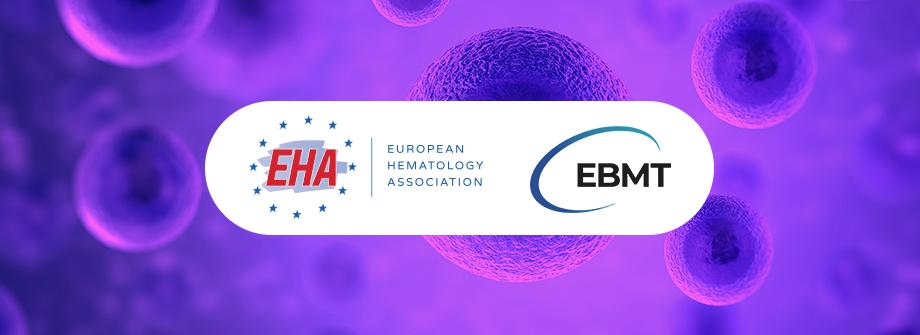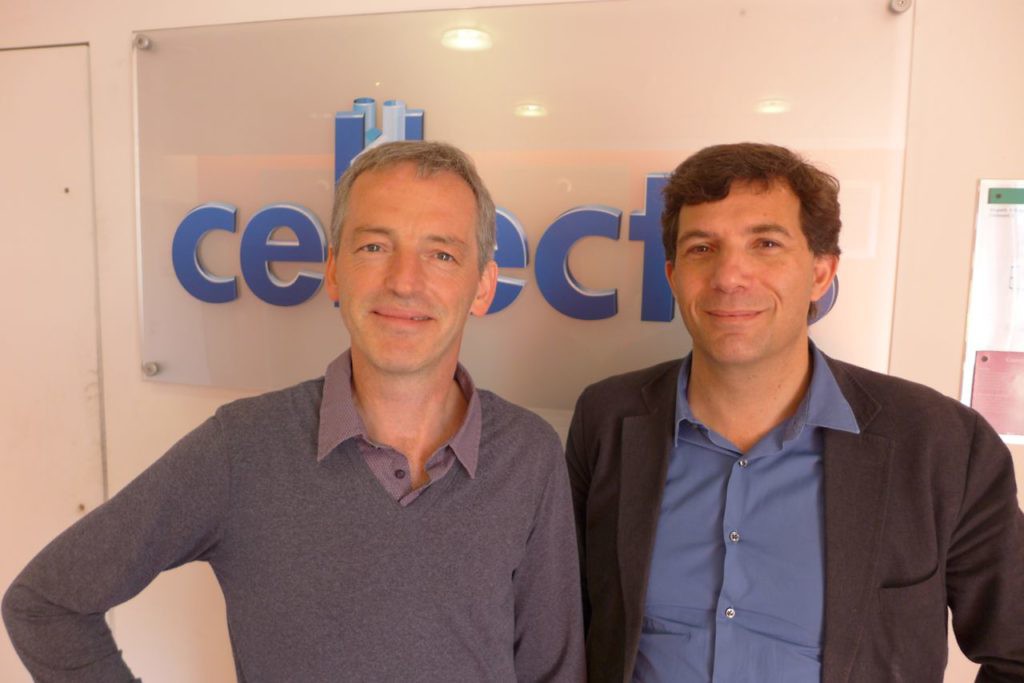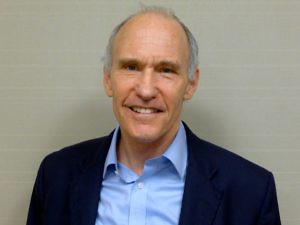What’s the next stop in CAR T cell therapy?
I can’t believe it’s two years since we last attended a medical or scientific meeting in real life, but the last time we had “boots on the ground” was in pre-Covid times, at a CAR T cell meeting held in Sitges, a small coastal town and former fishing village south of Barcelona with phenomenal light.
Organized jointly by the European Hematology Association (EHA) and European Society for Blood and Marrow Transplantation (EBMT), their annual CAR T meeting attracts “the great and the good” of cell therapy and back in 2020 we were able to interview luminaries such as Carl June, Stan Riddell, John Gribben, and Crystal Mackall in person.
This year’s CAR T meeting, now in its fourth iteration, offers a mix of clinical practice, practical advice for those running CAR T units, as well as offering keynote lectures and posters on new developments in the field. Attracting speakers from the US, EU and UK (sadly no longer part of the EU thanks to Brexit, a decision that is unlikely to make Britain great again), it has an inclusive feel about it with physicians, scientists, nurses, and patient advocates all part of the program.
Thanks to Omicron, EHA/EBMT had to pivot to a virtual meeting at the last minute, so everyone missed out on a jolly to Nice. The organizers are to be congratulated for making the meeting happen rather than postponing to the Autumn, as many have done recently thereby adding to what is already looking like a busy conference schedule for late 2022, presuming another Covid variant doesn’t come along to cause disruption…
So, what were the highlights from Day 1 of the 4th annual EHA/EBMT CAR T meeting and what did we learn about the direction of the CAR T cell field?
If you’d like to read more of our EHA/EBMT CAR T meeting coverage, then do consider signing up for access to BSB, existing users can of course login to read this.
This content is restricted to subscribers


 It’s almost like a primordial soup from which future pipelines spring.
It’s almost like a primordial soup from which future pipelines spring.
